Diversity and Inclusion Research
Many of our faculty, current graduate students, and alumni are extensively involved with diversity research initiatives. Explore the academic and research endeavors of just a few of them below.
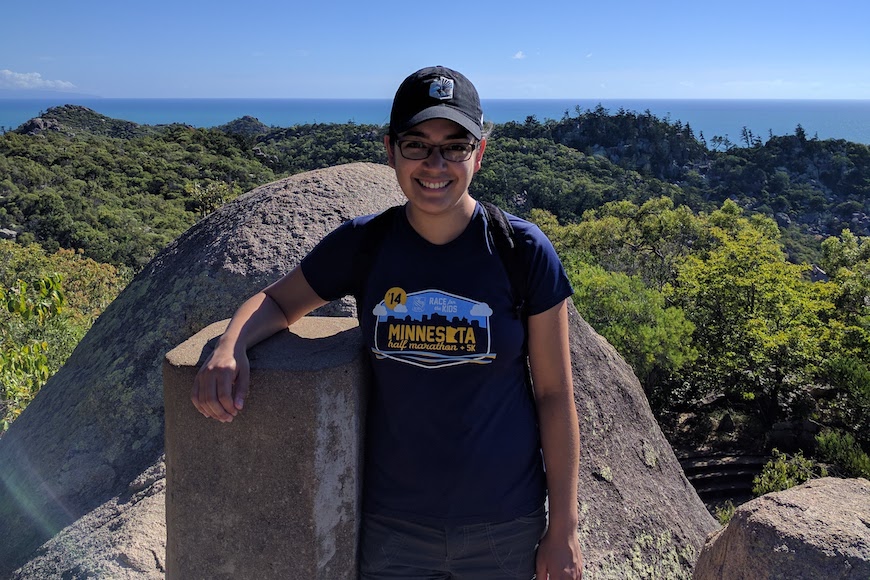
Kaila Akina
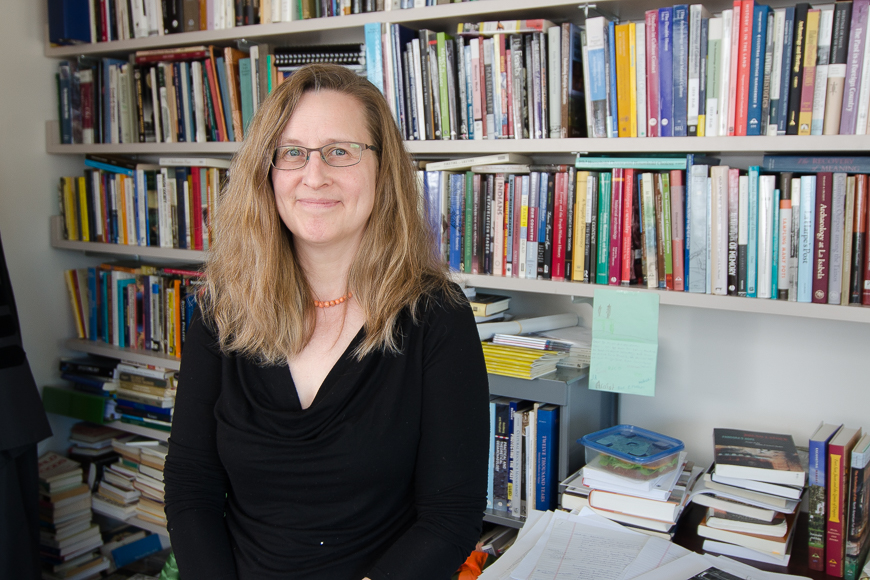
Professor Katherine Hayes
"My work broadly considers the ethics, values, and meanings of archaeology and preservation for contemporary communities, particularly those historically marginalized from the decision-making process on what gets preserved and researched. This means addressing both the content and practice of public historical scholarship: whose stories get told, who can tell them, and how can we make these professional fields more inclusive? I am an active affiliate in American Indian Studies and the Heritage Studies and Public History program."
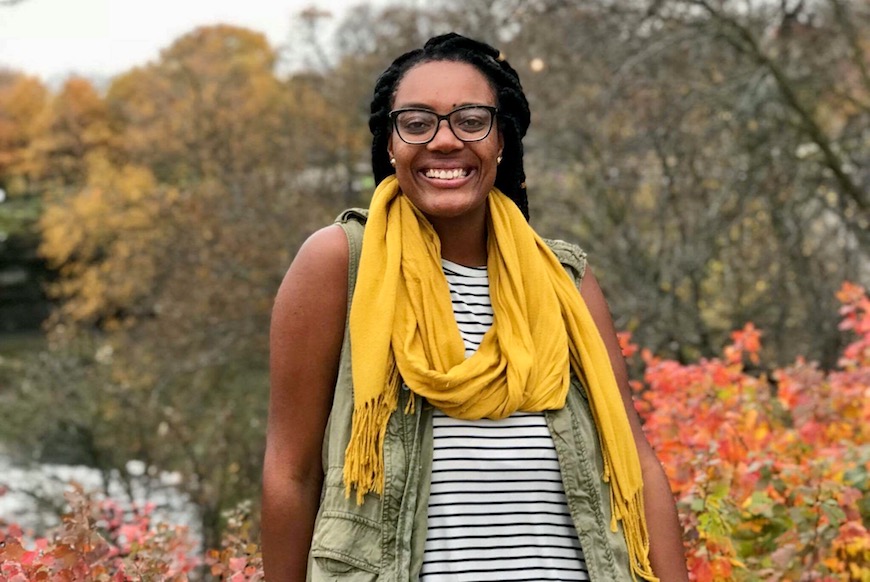
Karen Bauer
U of M Anthropology PhD student, and McNair Scholar Ambassador: “At the University of Minnesota, I am a member of the Critical Race and Ethnic Studies Interdisciplinary Graduate Group, where scholars of color come together every other week to workshop each other's work. I also frequently attend events through the Race, Indigeneity, Gender and Sexuality Studies Initiative (RIGS) and the Community of Scholars Program (COSP) through the Office for Diversity in Graduate Education."
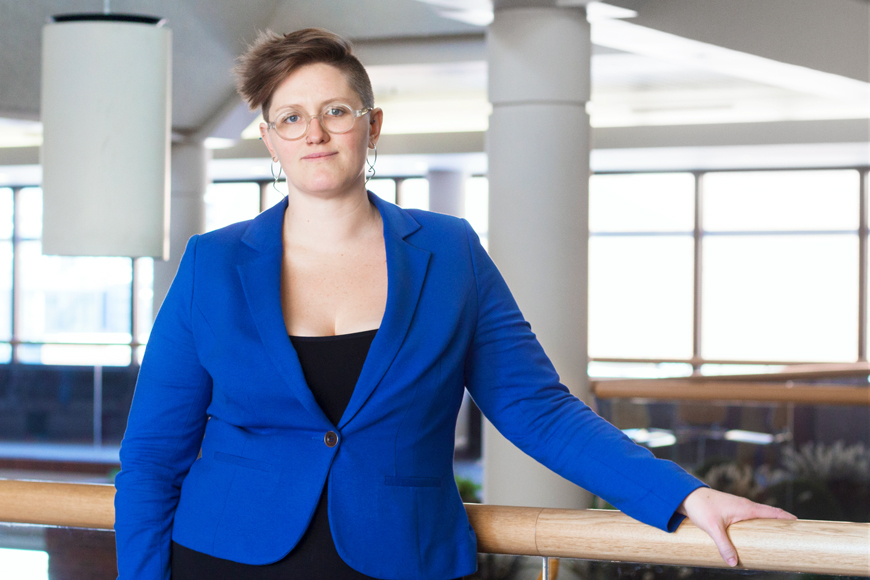
Professor Erin Durban
Erin Durban's interdisciplinary research moves across and between transnational American studies, LGBTQI studies, Black studies, and disability studies. They are affiliated with UMN Gender, Women & Sexuality Studies and Global Studies.
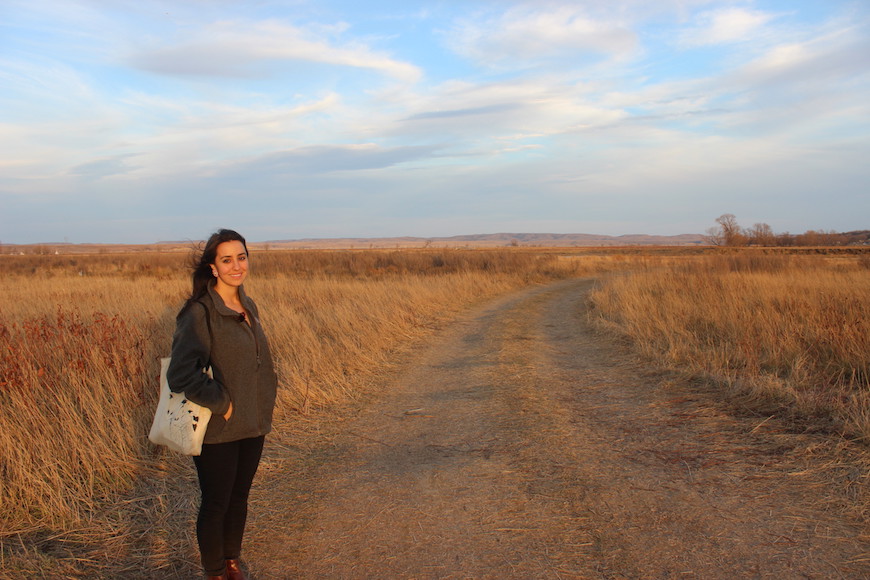
Caroline Doenmez
U of M Anthropology PhD student: “I have spent the last several years researching the bodily sovereignty and self-determination of Indigenous women in what is now known as Canada and the United States, with a recent focus on the revival of Indigenous birth traditions and philosophies. In addition to my coursework in the Departments of Anthropology and American Indian Studies, I regularly attend the American Indian and Indigenous Studies Writing Workshop. Outside of school, I have engaged in various activism projects to support the sovereignty of Indigenous peoples’ bodies, lands, and waters, including participation in the Stop Line 3 movement here in Minnesota, the Standing Rock Water Protector camps, and events honoring the Missing and Murdered Indigenous Women, Girls and Two-Spirit people and their families.”
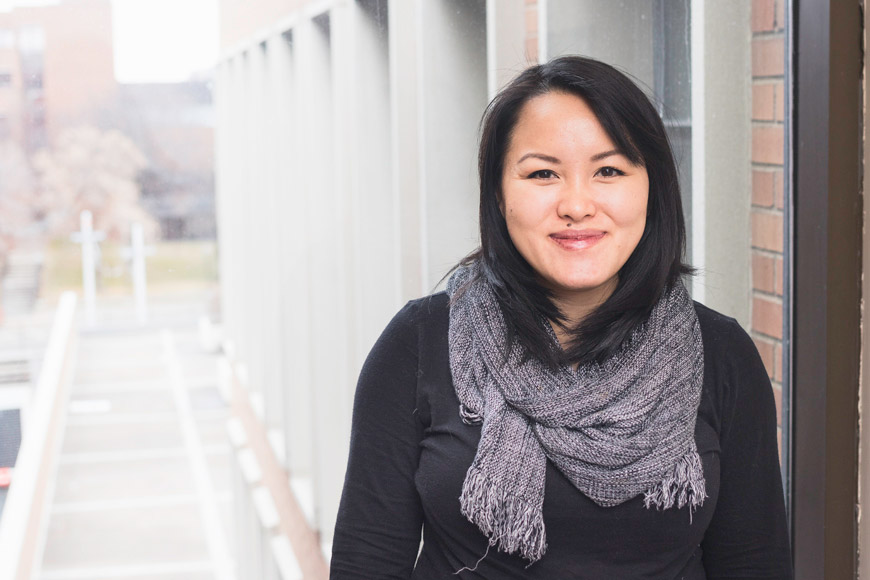
Mai See Thao
PhD, 2018: "My work examines the intersection of historical trauma and health disparities in communities of color. During my graduate schooling at the University of Minnesota, I examined how social, cultural, and historical displacement for Hmong-Americans informs their experiences with type II diabetes. As a postdoctoral fellow at the Medical College of Wisconsin, I am interested in how community-based research can provide and activate critical perspectives and imaginations of healing from historical trauma in communities of color. I seek to ground health disparities within the lived everyday of historical trauma and to find community-inspired ways in which it can be addressed within primary care."
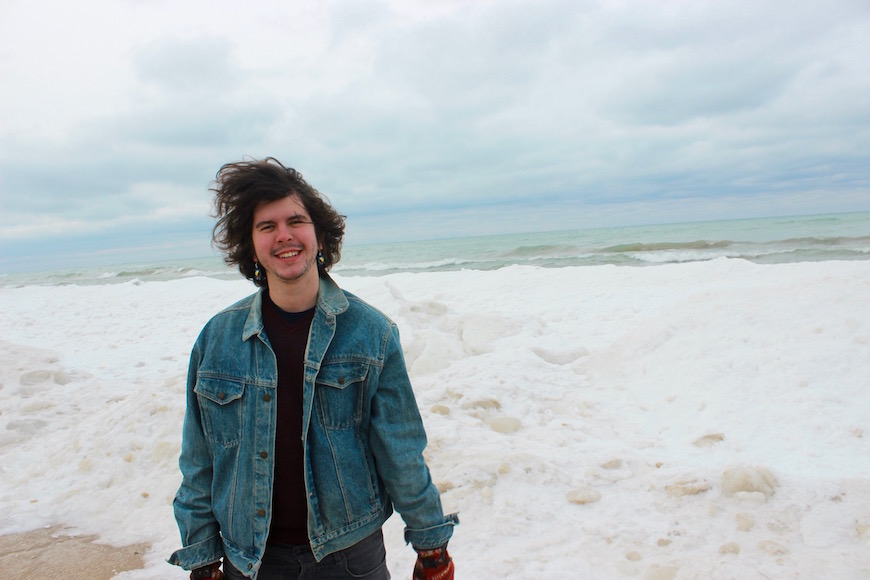
Elan Pochedley
U of M Anthropology PhD student: "My research studies contemporary Anishinaabeg (Neshnabek) relationships to land, territory, and natural resources. My current project focuses on the multiplicity of archives being generated that center Anishinaabeg claims to place that counter, transcend, and complicate Euro-American conceptualizations of property and legal title to land. I am an enrolled member of the Citizen Potawatomi Nation and have engaged in ethnographic research with my own community as well as with White Earth Nation (Gaa-waabaabiganikaag) members and personnel. I am pursuing graduate minors in both American Indian & Indigenous Studies and Heritage Studies & Public History. I am a participant in the American Indian & Indigenous Studies Writing Workshop and a Diversity of Views and Experiences (DOVE) fellow at the University of Minnesota."